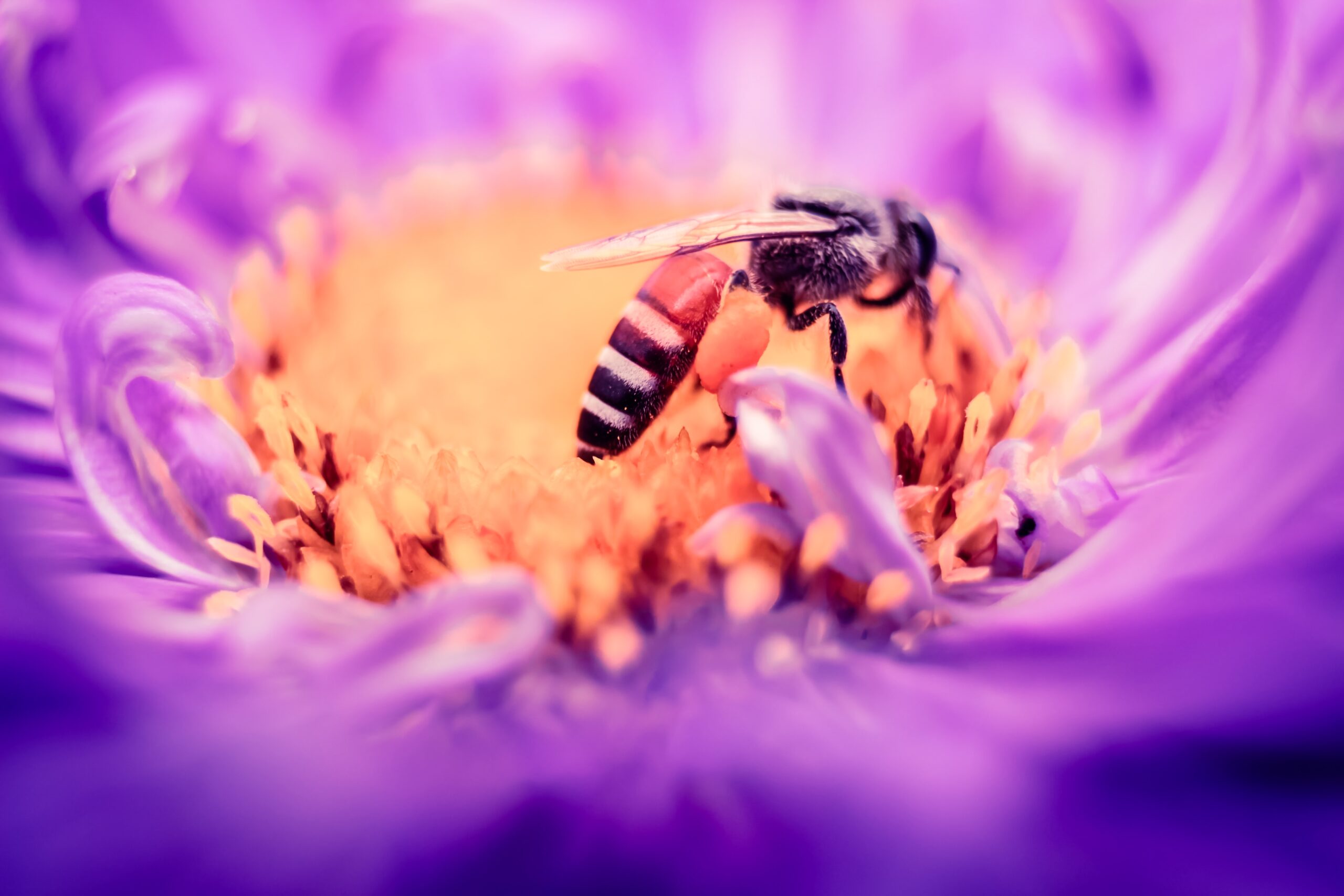For those of you who are looking for natural ways of curing hay fever and reducing or eliminating hay fever symptoms in the long term, please read on. In this piece, I share my experience with hay fever growing up, and how I’ve finally managed to tame it, using Traditional Chinese Medicine (TCM). I hope you find this useful.
Why I got into TCM in search of answers
From a very young age, I’ve suffered from allergies like hay fever. At times, I would have severe itch eyes eyes, and I’d rub them so much that they would turn red and swollen. I would also have persistently itchy and runny nose, and tickling throat. It would be embarrassing to go out to the park and play with the other kids because I would just be in so much agony. Less so while I ran or exercised, but as soon as I stopped, my nose would start running. My full pack of tissues would be gone within a few minutes before you even notice.
Western doctors have always told me this is not something that can be cured. All I have to do is take Zyrtec (cetirizine) or Claritin (loratadine). “If one doesn’t work, try the other”, they would say. The advice – be on pills forever, every single season, year after year after year. A friend of mine once gave me a tip: if I take Zyrtec for about 1-2 weeks before the season starts, I won’t have to take it for that whole year. It might be a placebo effect, but one year I did try taking it for a week or so before the season started and I did find that year I had no or very little symptoms for a while. However, the following year I forgot, and so the symptoms came back, and they seemed worse than ever. Still, even if taking pills for a week ahead of the season helped that one year, I wasn’t satisfied that this was the answer – to be reliant on chemical antihistamines and popping pills all the time. If I were to forget them one day, the symptoms returned immediately. And if my body built resistance towards it over time? I knew that was not a long-term solution. Moreover, what if my body built resistance towards it over time?

I grew increasingly frustrated at the doctor’s lack of answers (other than “Just take antihistamine pills”) and at this short-sighted short-term thinking approach. I couldn’t rely on chemicals forever. No way. So a few years ago, I decided that this needed to stop. And began looking for deeper answers, I questioned everything that I had been told so far about allergies and started searching for answers as to why hay fever happens in the first place, and how to cure it completely in such a way that it doesn’t come back again, or at least comes back at a much reduced and manageable level. I essentially wanted to learn how to fix this, not in the short-term, but in the long run, and naturally. After years of extensive research and applying new learnings, I found some natural ways that worked. Thankfully, my learnings paid off. And I’ve been able to reduce my previously very severe hay fever symptoms to almost none. A few of my friends and family who accompanied me on my journey saw that and also wanted to learn how to reduce their symptoms. So I shared my knowledge with them and helped them improve their health naturally, which in turn helped reduce their hay fever symptoms. And I’d like to do the same for you. Below is an accumulation of my learnings over the years, on hay fever specifically.
How does Traditional Chinese Medicine explain Hay Fever?
Hay fever in TCM terms is a lack of vital energy or qi (气, Qì4), and essentially an unbalance of the body. In a separate blog post, I will break down how you identify the imbalance in your qi (气, Qì4).
In people with hay fever, the bodily imbalance normally refers to the qi or energy deficiency of the spleen, lung or kidney.
In TCM, spleen qi deficiency directly affects lung qi deficiency, because the spleen generates (生, Shēng1) lung, according to the 5 elements theory. And a good lung energy generates (生, Shēng1) good kidney energy. All organs are interlinked and affect each other.
What could have caused the Qi deficiency in the first place?
A number of different factors could have caused qi deficiency in your lungs, spleen and kidneys. Genetics as well as environmental factors can play a part in the development of allergies, especially your chosen lifestyle habits. Hence some people only start having ailments like hay fever after a certain age during their adulthood, and others start having allergies from a very young age.
Different factors that could lead to allergies and ailments like hay fever:
- Genetics. We call it the innate energy (先天, Xiān1 Tiān1). The energy or vitality (元气, Yuán2 Qì4) given to you before birth. How your pregnancy occurred, and how healthy your biological mother and father were can play a big part are some examples of genetic influences.
- Diet. Your eating habits will either promote the healthy flow of blood and qi, or it can stagnate it. For example, people who eat cold foods (literally foods at cold temperatures, like cold drinks, ice cream, cold foods, or foods that have a cold nature) can accumulate “cold” in the body over time. According to a well-known TCM theory, Shang Han Lun (傷寒論, “Treatise on Cold Pathogenic and Miscellaneous Diseases”, by Zhang Zhongjing), cold will accumulate in the long term and turn into ailments. This can affect everyone, but especially people who are already prone to qi deficiency.
- Emotions. Chronic stress, anxiety, unresolved emotional issues and people/relationship problems are some examples of emotional influences that can lead to qi deficiency. Anger and anxiety are often stored in the liver (Wood element), and liver blockage leads to a weakened spleen. This eventually aggravate allergies and other ailments.
- Sleep. Long-term sleep deprivation can also contribute to qi deficiency. Sleep, especially between 11 pm and 3 am, detoxifies the liver and gallbladder. And a healthy liver and gallbladder lead to a healthy spleen. Similarly, if the liver and gallbladder have a blockage, it can affect the spleen, causing qi deficiency in the spleen. Lack of sleep also reduces the body’s immune system. And thus contributing to proneness to allergies and other ailments.
- Lack of exercise. Exercise and sweating flush out toxins from the body, and increase blood flow. Not exercising can cause the build-up of toxins, and reduce natural blood flow. And this can also cause qi deficiency.
So to avoid having qi deficiency, and to have good qi and blood flow, I guess by now you’ve already figured out that the solution is to not do the above, or to do the opposite of the above list of things that causes a stagnant qi, to rebalance the body’s energy and the 5 elements. ☺
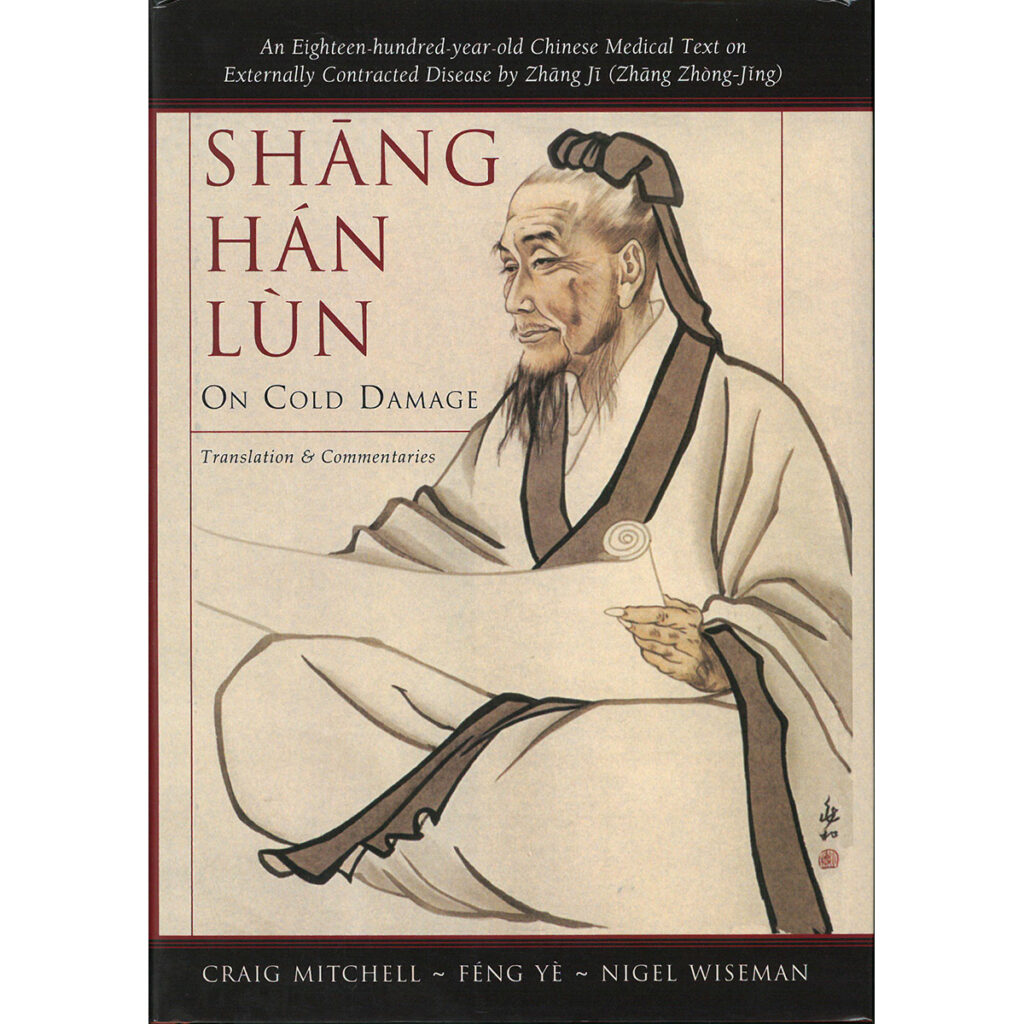
What can you do to help balance the body?
Here are a few things you can do, with the help of a TCM professional, to balance the body, and to tonify your qi, which in turn will help reduce hay fever symptoms naturally, with long-lasting effects. You can do these during the season to help relieve symptoms, or ahead of the season to prevent the symptoms, by strengthening the body so it’s less vulnerable to allergens when the season arrives.
Acupuncture
Acupuncture can help tonify the qi to certain organs of your body via the meridians (in this case, attending to the spleen, lungs, and/or kidneys qi deficiency). It’s worth visiting a local TCM doctor to ask if they can help you reduce or eliminate hay fever with an acupuncture treatment plan – I’m confident that most Chinese doctors can, and if you need any recommendations in UK, Portugal or China, please feel free to reach out. Depending on how severe your hay fever is, treatment plans could range from 6 sessions to 10 sessions – this works particularly well if you do it ahead of the season, to prevent symptoms that year. For severe cases (i.e. You had it for decades), it could take up to 10 or 15+ sessions for a full treatment to take effect, and general annual maintenance ahead of season for a few years, before you can feel it’s completely gone for the long-term. But some people feel a big difference within 3 sessions, especially if their case is mild (i.e. They’ve only had it recently, in the past couple of years or so). I have personally done several acupuncture treatments over the last few years (since 2017), each with a duration of between 6 to 10 sessions, and can say I’ve benefited from them. I feel a big difference in my hay fever symptoms (none to very little these days).
If you’re a geek like me, you’d probably like some scientific evidence that acupuncture actually works for hay fever. A meta-analysis reviewed 30 studies and found that patients who had regular acupuncture sessions over a period of time experienced a significant difference in their hay fever symptoms and life satisfaction. Another recent study showed that acupuncture for 8 weeks reduced nasal congestion.
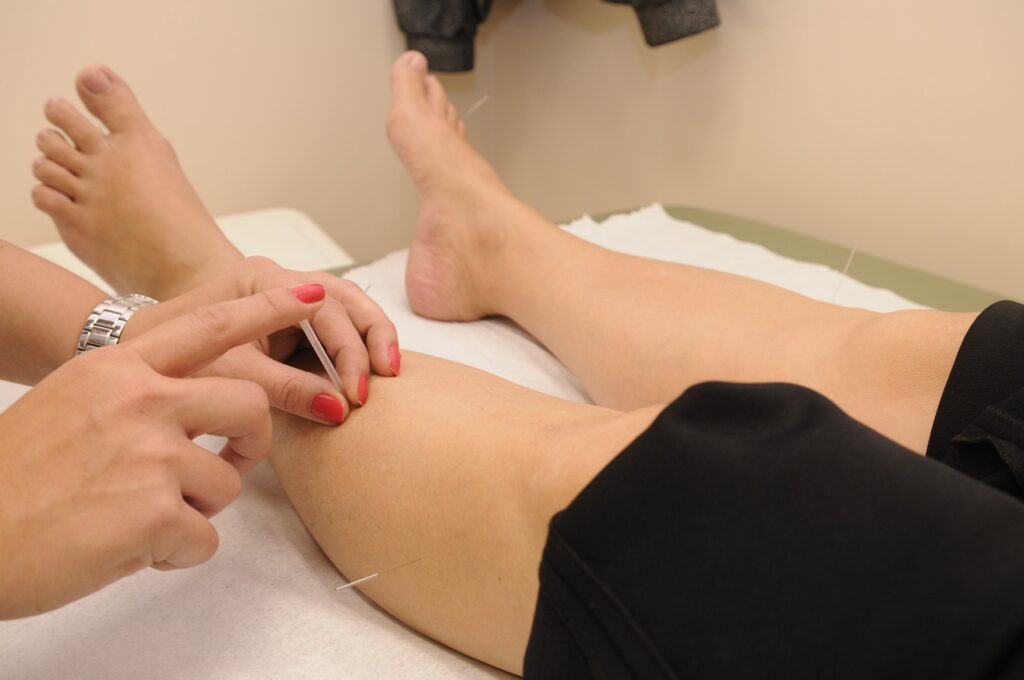
Acupressure
This one you can do yourself at home! And, the best part is: it’s FREE!
Acupressure is similar to acupuncture, in that it helps to tonify the meridians in deficiency. There are certain points you can press to help release hay fever symptoms also. However, instead of using acupuncture needles, you are essentially pressing or pressuring certain points with your thumb or a buffalo horn-looking guasha tool.
I would say the effect of acupuncture is certainly bigger, faster and more effective than acupressure. But if you haven’t yet found a good acupuncturist, or you are scared of needles, this is something you can start with, and do at home, in your own time, while watching TV, or before falling asleep. You can even do it outside your home, whenever your body is at rest while waiting for the train or bus, commuting, waiting for someone, or in a queue. Acupressure can help reduce any deficiency and thus balance the body’s energy, and you can do this at your own pace, all for your health. We will create a separate blog post showing you 5 acupressure points that can help release hay fever right away, with images and guidance on which acupressure points you can try today!
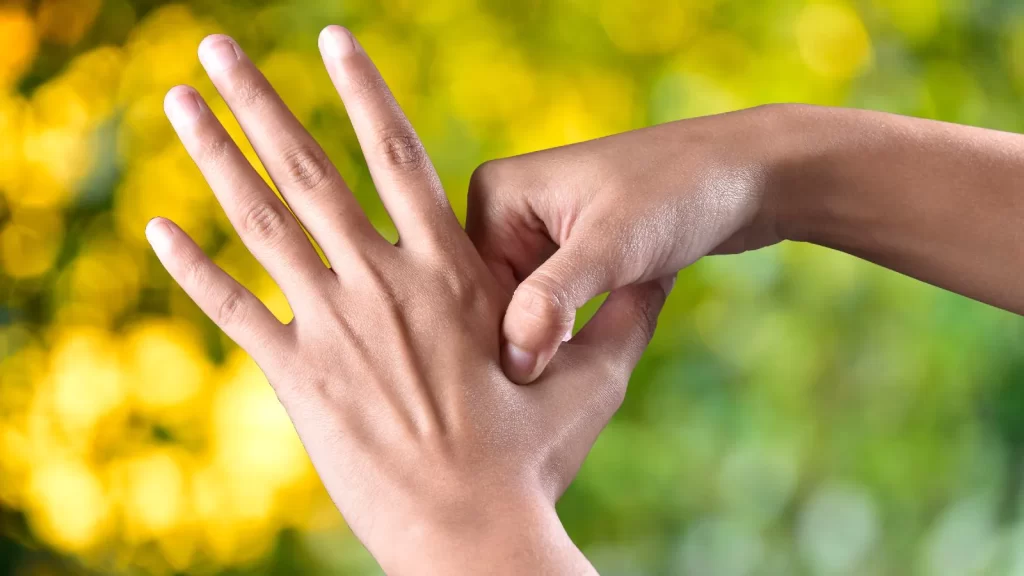
Moxibustion
Moxibustion is another great way to tonify qi in the body. There is a period of the hottest days in the summer, called the Golden Treatment Period (三伏天, Sān1 Fú2 Tiān1), is the highest of the year. Thus this period is also the most optimum time for moxibustion treatment to improve the body’s physiological functions. San Fu Tian generally lasts for 30 days in total, from about mid-July till about mid-August. There are 3 periods of 10 days each. In 2023, the first period (初伏, Chū1 Fú2) will be from 21st July 2023 till 30th July 2023. The second period (中伏, Zhōng1 Fú2) will be from 31st July 2023 till 9th August 2023. The third/last period (末伏, Mò4 Fú2) will be from 10th August 2023 till 19th August 2023. Normally, doing three sessions of moxibustion, one per 10-day period, on specific points of the body, will help treat Yang deficiency as well as Qi deficiency with the best results (better results than doing it during the rest of the year).
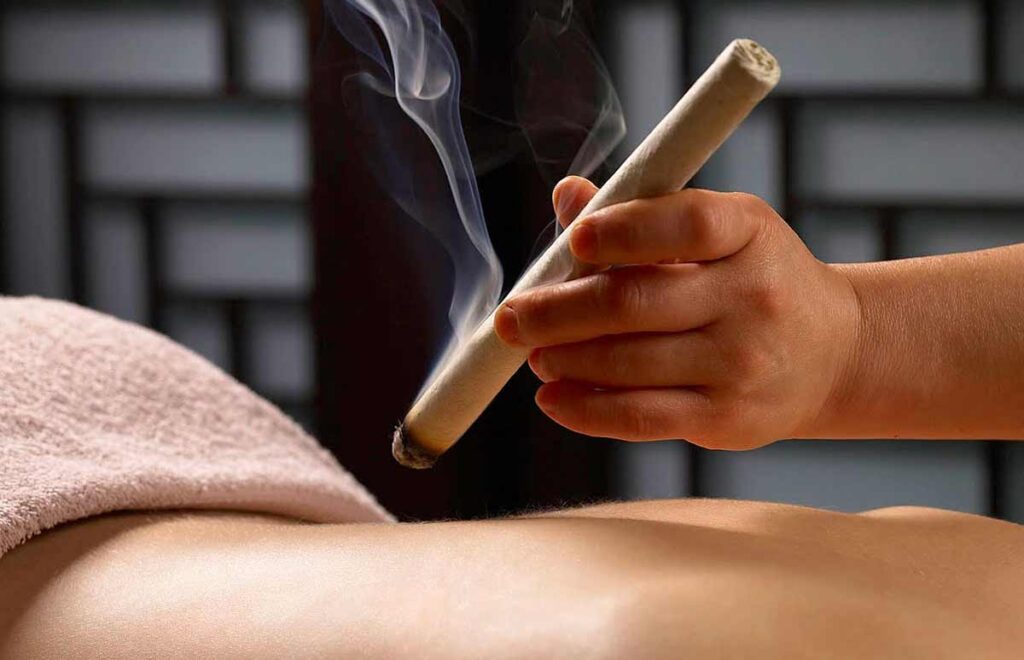
Herbal medicine
Herbal or plant medicine has had thousands of years of history and practice by TCM doctors in China. Only recently have there been scientific studies to suggest its efficacy. A herbal formula known as Yupingfengsan can help with tonifying Qi and increase Yang energy, which is normally what people suffering from hay fever lack. Thus, this naturally helps reduce hay fever symptoms. I’ve personally tried them, and so have my brother and some of my friends, and we all seemed to benefit from this formula. Depending on how severe your hay fever is, it is recommended to drink this concoction for at least two weeks to start seeing the effect. Some people might feel a difference within a few days, others might take longer if their case is more severe. This can also be consumed ahead of the season to prevent the symptoms. It works best if done in conjunction with other treatments. In China, traditionally, this formula (and most other formulas) comes in actual dried herbs that you put into a ceramic pot and slow cook on fire for long hours – when I was younger, my mother and grandma used to slow-cook TCM doctor prescribed plant medicine for hours before serving (and yes, I also did this once for my gf a few years ago who got very sick at the time, at the instruction of my Chinese doctor, and it was quite tedious and painstaking, as it’s really an art to make it with the right amount of water at the right temperatures for the right amount of time, and you have to make sure there is enough water so it doesn’t dry out and burn the bottom and it runs for enough time so it catches all the elements from the herbs).
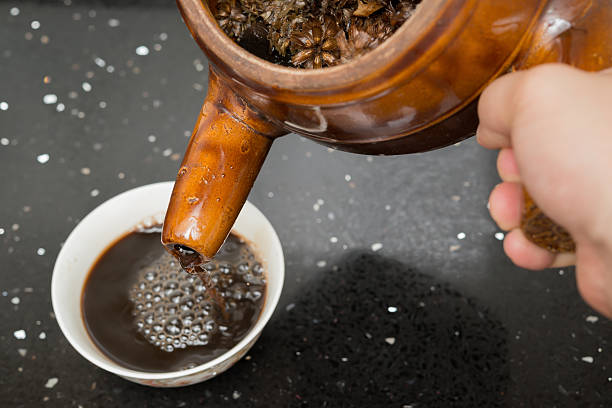
However, given our busy modern lives, as most people are professionals who rarely have time to slow cook in ceramic pots for long hours, doctors and pharmacists have also created powdered concoctions that you add hot water to, in the same way you make would instant coffee – this is quite simple to drink and you get almost the same benefits (this is the one I personally use and prefer). Lastly, an even easier and simpler way to take these is via supplements – the same formula, but made into solid supplement pieces that you can simply swallow with a glass of warm or room temperature water, just like you would like other supplements like magnesium or vitamin D. We will be launching our own concoction of Yupingfengsan, so if you’d like to try them, you can sign up to the waiting list!
Qigong
In another post, I explain how Qigong helps increase qi and blood flow to the organs and meridians. This makes you centred and allows the body to adjust and heal itself naturally, with its natural bodily functions. My personal favourite is the Qigong stance Tree Position, and I try to do this daily, as I feel connected to the universe. During hay fever season over the last few years, I feel that on the days I do Qigong my body won’t overreact as much to allergens.
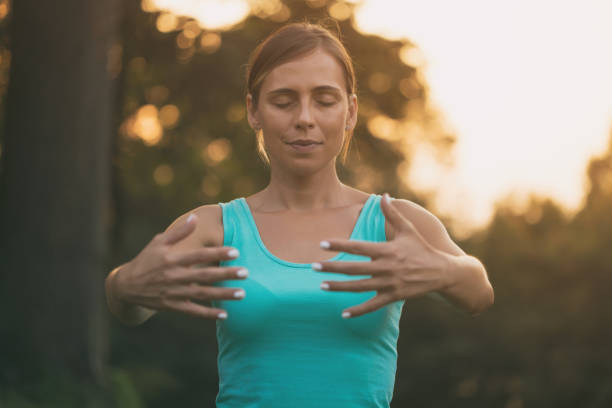
The above 5 methods described can be used to prevent hay fever ahead of season, as well as help reduce or relieve the allergy symptoms during season, strengthening the body’s immune defences naturally, such that it is less vulnerable to allergens in the environment. How the body reacts to each of the above (and how quickly it takes to recover or strengthen itself using these methods) really depends on each individual – ie. your existing health habits, lifestyle, how you look after yourself and your body in general, which brings me to the general health points below.
Natural lifestyle habits that help with Hay Fever:
Sleep
You’ve probably heard of the old saying that sleeping early and rising early (早睡早起身体好, Zǎo3 Shuì4 Zǎo3 Qǐ3 Shēn1 Tǐ3 Hǎo3) is conducive to good health. I remember my grandma saying it very often, to the point where it became annoying and naggy, and I often challenged her. But only recently I’ve experienced the benefits of it, and have understood the principles behind it – there is a thousand-year-old TCM theory behind it. According to the Chinese Body Clock, between 11 p.m. and 3 a.m. is the time when the body detoxes itself, via the liver and the gallbladder. If the liver is fiery (excess), then it can negatively impact the spleen and cause it to have a deficiency. So by allowing the liver and gallbladder to detox, it will positively affect the spleen, tonifying its qi, which in turn improves your body’s ability to fight allergies naturally (or rather, to not overreact to the harmless allergen or to not perceive it as an antigen).
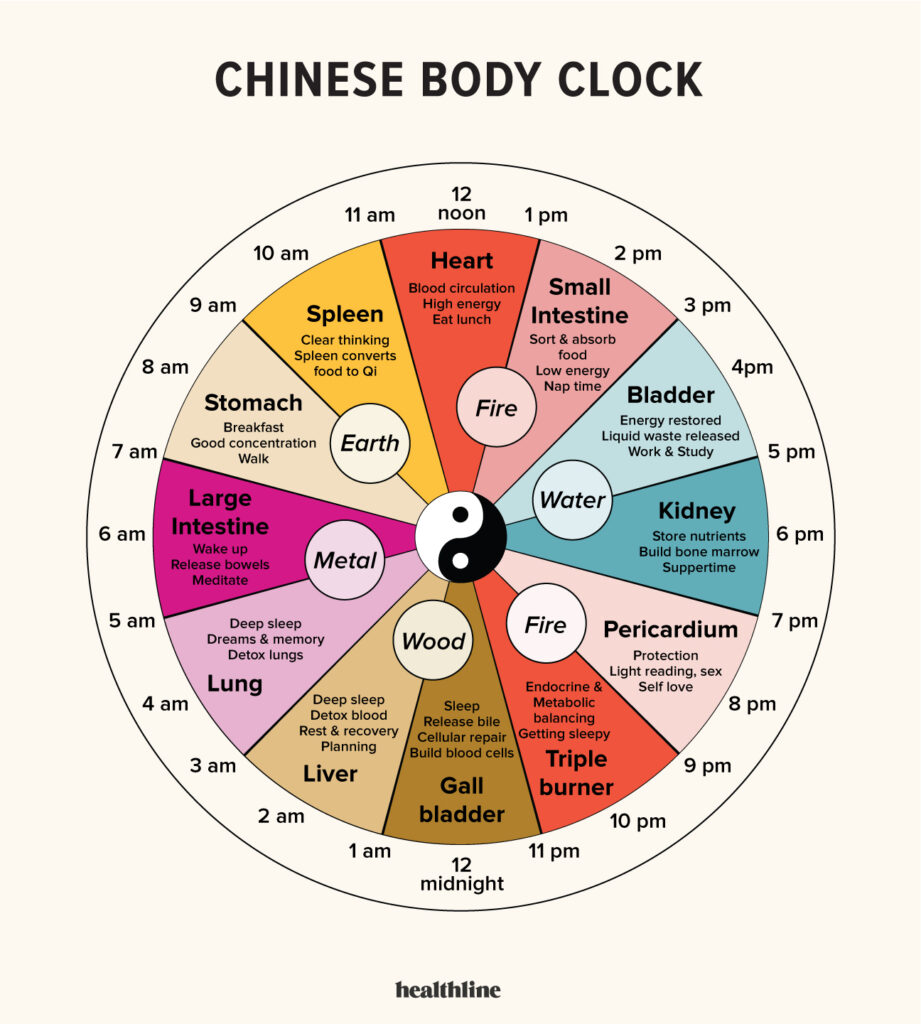
Healthy Eating Habits
In Chinese, there is a saying that disease enters from the mouth (病从口入, Bìng4 cóng2 kǒu3 rù4). It is similar to the Western saying “You are what you eat”. Food plays a big part in the balance of qi in your body.
Consuming sugar, processed foods and red meat increases inflammation, which increases the symptoms of hay fever. On the contrary, if you eat lean and clean, consume more vegetables than meat (especially red meat), and stay away from processed foods, oily foods, and sugary foods, your guts will thank you in the long run. And since the guts are linked to the lungs (according to the 5 organs theory, in TCM, the two essentially go hand in hand, as they belong to the same element, where one is yin and the other is yang), if the guts are not happy, the lungs are also not happy. And a lot of hay fever sufferers have lung Qi deficiency. So eating well will not only improve your gut health but also increase your lung qi.
Above we also talk about how ingesting cold food or having cold drinks are bad for you and can accumulate “cold” in the body, which can in turn cause qi deficiency in the spleen. You guessed it ☺! To reduce or prevent hay fever in the future, it is best to refrain from or completely avoid eating cold foods or drinking cold drinks. It’s preferable to eat warm foods and drink warm drinks, or at least make it room temperature as a second best option.
In my research, I’ve found that Local Honey can also be helpful, so I decided to test it out on myself. This is not a TCM point, but a natural remedy one. In my personal experience, I’ve found it reduces hay fever symptoms by taking it daily ahead of or during the season. If you are allergic to flower pollen, local honey is said to help reduce hay fever symptoms, as your body adapts to pollen as it learns the information extracted by the local bees into the honey, and thus becomes less over-reactive towards the pollen. The key is to buy local honey from a local producer, where the bees would have harvested their pollen from local trees and flowers (the ones that you would normally be exposed to).
Stay Hydrated
Drink plenty of warm water. When facing symptoms of itchy eyes/nose/throat, it’s important to keep hydrated so that the body has enough fluids to help fight the inflammation and reduce the level of histamines that cause the allergies, thus reducing hay fever symptoms. When you have a runny nose, your body is also losing water, so it’s good to drink plenty of warm water regularly (think: going to the toilet regularly every hour or so) to help flush out the toxins. You should also drink goji (枸杞, Gǒu3 qǐ3) and Chinese red dates (红枣, Hóng2 zǎo3) tea, especially in the winter. You can boil them in hot water, or add hot water to them into a mug. Goji berries are good for the liver and kidneys, and Chinese red dates (hongzao) increase qi and blood flow, energising your body.
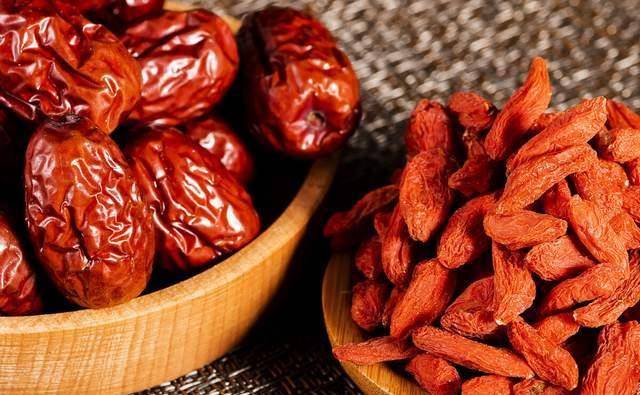
And you may have guessed this but alcohol can trigger hay fever symptoms or make it much worse, as it lowers your immune system’s natural defence response, increases inflammation, as well as dehydrates you, which again leads to higher production of histamines and that in turn worsens hay fever symptoms. In Chinese medicine terms, alcohol is heaty which can move or burn qi, and this can lead to qi loss or qi stagnation. Alcohol can also cause dampness, and excess dampness in the digestive system can weaken the spleen and large intestine. So, if you have hay fever or any other allergy condition (like eczema), stay away from alcohol! And stay hydrated.
Exercise Regularly!
Lack of exercise can cause dampness to be trapped in the body. And dampness can lead to ailments, like allergies. And the more dampness you have trapped, the worse the allergies, and the longer it takes to recover.
On the contrary, regular exercise can help the body tonify the qi in all organs and regulate itself naturally. Exercise and sweating will help release toxins, as well as increase blood flow within the body in general, generating heat and increasing Yang Energy.
If you cannot exercise as often, then sunbathing (especially in the summer when Yang energy is at its highest in the year) can also help tonify qi in the body. Sunbathing (like exercise) gets rid of dampness, and sweating enhances spleen, kidney and lung functions, giving the organs Yang energy. Sunbathing your back, where several meridians are located, will help regulate qi and blood, and increase Yang qi of the body overall.
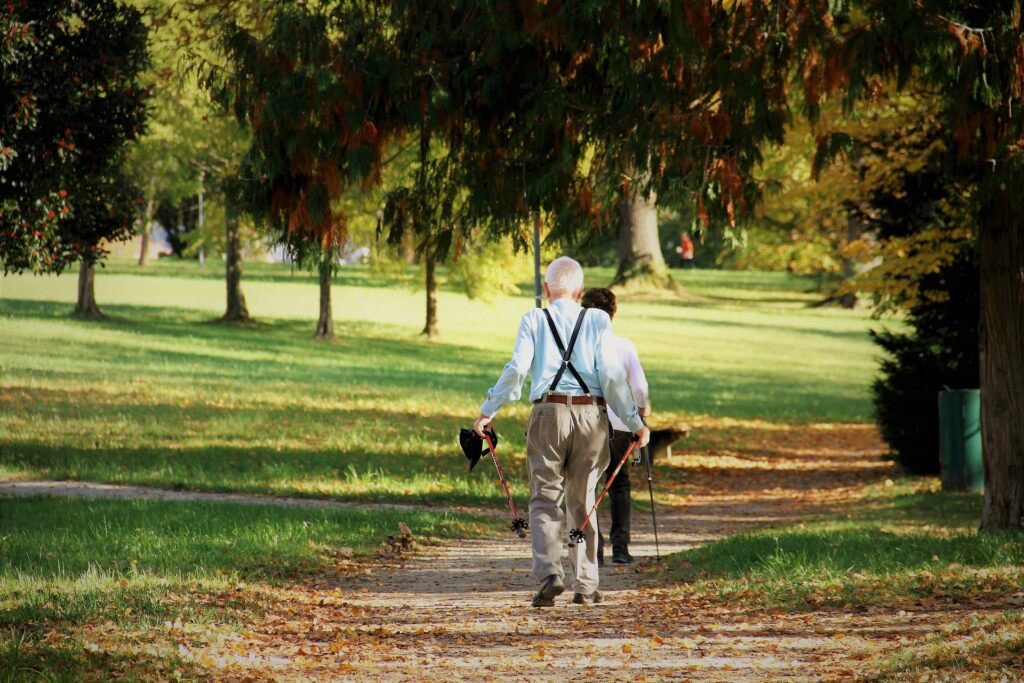
Reduce Stress
Stress and anxiety can be bad contributors to allergies too, as the excess release of cortisol disturbs the natural immune system’s responses and can induce further inflammation.
So practising Qigong, meditation, stretching, deep breathing and/or mindfulness to reduce or manage stress can help reduce hay fever symptoms!
Above are 5 general lifestyle habits you can implement naturally to stay on top of your hay fever symptoms, as in reducing them or even preventing them completely!
My Personal Experience
So from the above, which have worked for me? And what do I do to avoid hay fever symptoms?
A few years ago, during a horrible season for my eyes, nose and throat, to end my agony, I put myself through a strict regime of things I knew would help to test out whether they would work for me. For two weeks, I consumed local honey daily, along with doing Qigong daily (first thing in the morning), got up early (around 6 – 7 am), exercised every day or other day (in the mornings) and took Yupingfengsan daily (drank the instant concoction twice a day). And within the first week, my symptoms were totally gone. It was as if I had no hay fever anymore, which I was very delighted about! During that whole Spring and early summer season, I didn’t feel anything at all!
Today, I continue to do the above. I still regularly do Qigong, take Yupingfengsan, wake up early, exercise every other day, undergo acupuncture treatments regularly, and do san fu tian annually in the summers. If I feel mild hay fever symptoms, I’ll check whether the above is in check, and usually it is the case that I’ve forgotten something (i.e. Haven’t done Qigong in a while, or have been a bit stressed), in which case I’ll implement them again, and the symptoms seem to go away naturally.
Qigong takes me about 20-30mins daily. The acupuncture and san fu tian moxibustion sessions will take slightly longer (about an hour or so per session). This approach does indeed require a bit of time input, but I look at it as an investment for my health in the long term. For me, it’s all worth it to avoid any horrible hay fever symptoms from coming back. And I know very well the agony of itchiness and runny nose, and would much prefer to stay far away from them:)
If you have any questions or suggestions, please do feel free to comment below, or to get in touch with me via direct message 🙂
